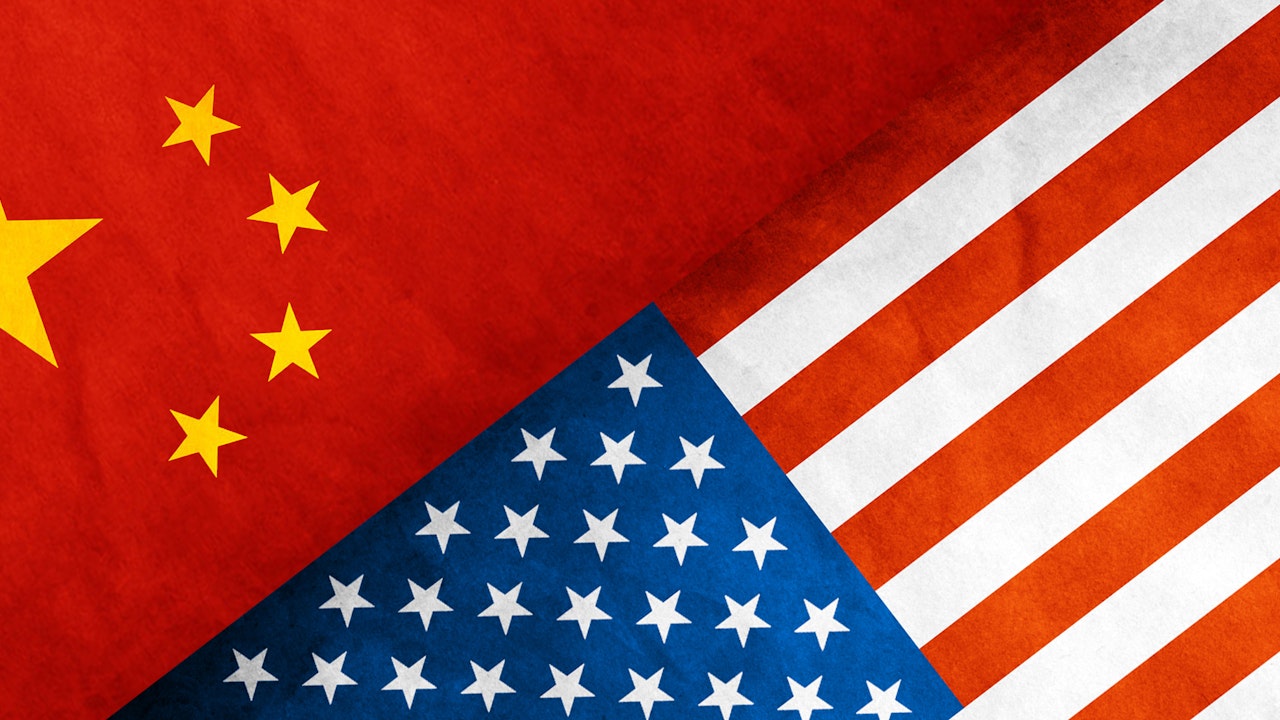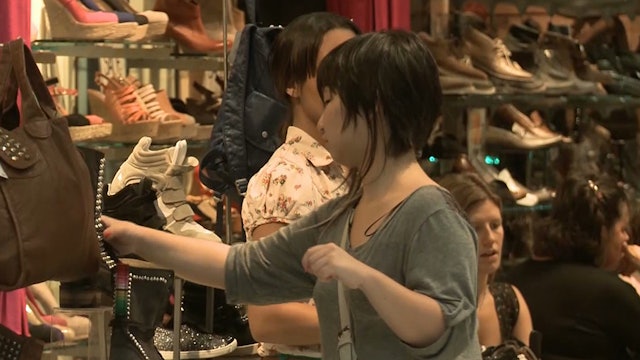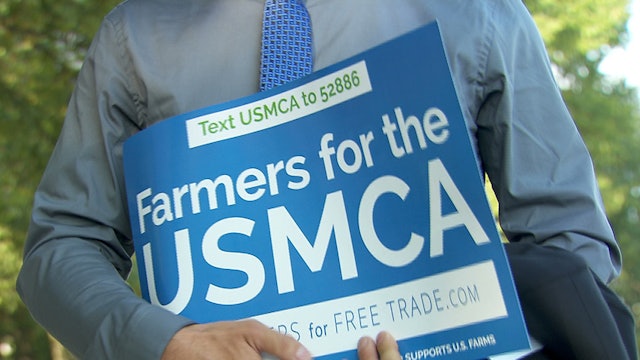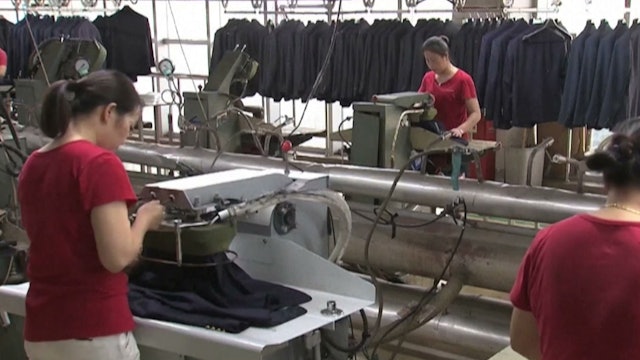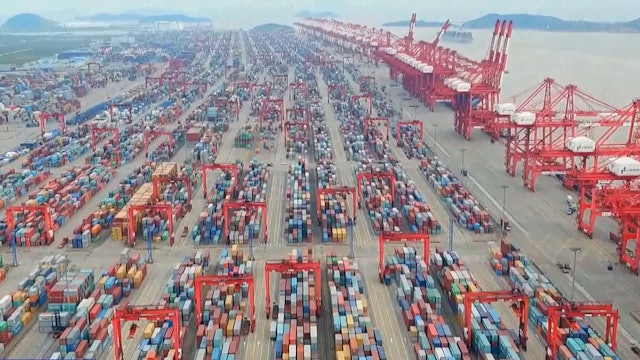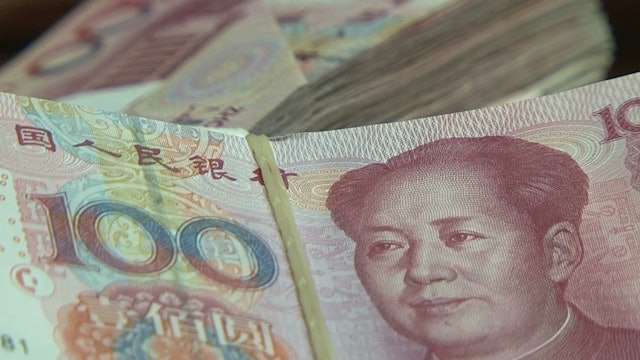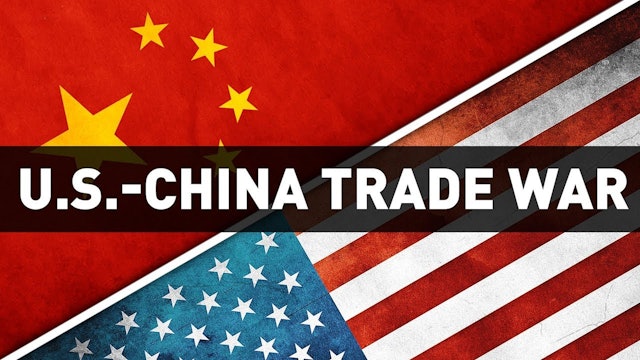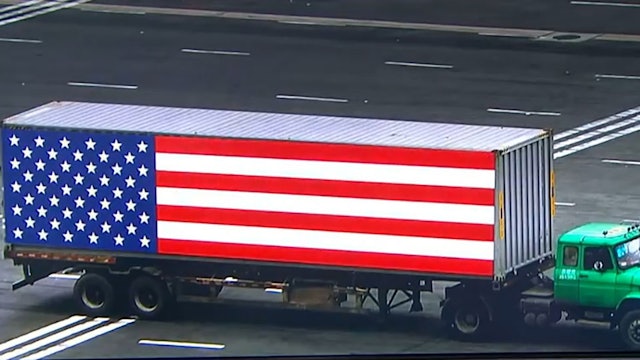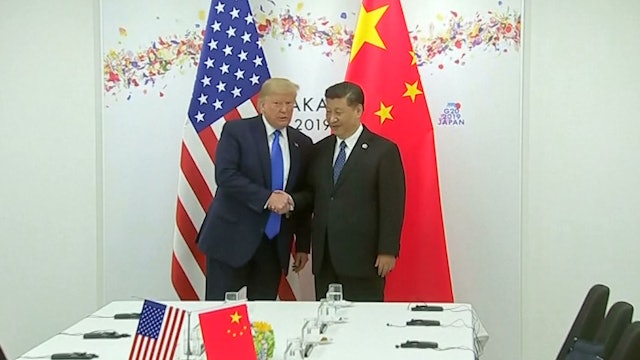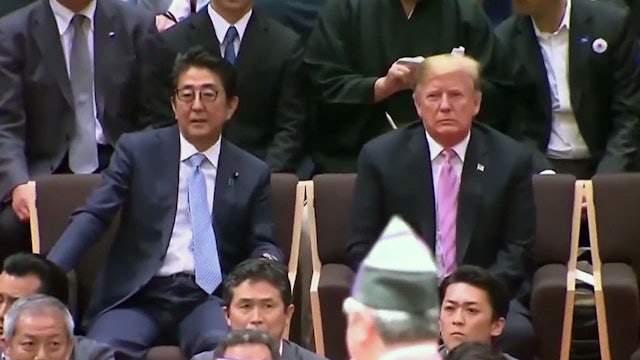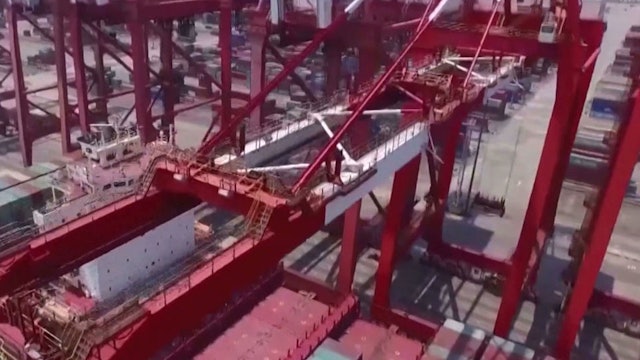-
U.S.-China trade war is hitting Maine's lobster industry
The U.S.-China trade war is hitting one U.S. state particularly hard.
This month, China slapped the U.S. lobster industry with a 35 percent retaliatory tariff – up 10 percent from last year.
Most of the U.S. lobster supply comes from the state of Maine – where lobster exports to China have plumme... -
Bei Bei, giant panda born in US heads to China
Bei Bei, the most famous resident of the National Zoo in Washington, D.C., has bid farewell to the U.S. capital.
Bei Bei is heading to China. The giant panda is now four years old.
That’s the age when all pandas born abroad go to China under their breeding agreements. -
Latest tariffs will hit American women more than men
When the Trump administration started the trade war with China more than a year ago, industrial imports were largely the target. But now consumers may be about to feel the pinch with women disproportionately impacted.
-
US shoemakers face losses over tariffs
U.S. tariffs which took effect September 1, are hitting footwear for the first time, and have made some products 15% more expensive to import from China, where many shoes are made.
-
Trade war shifts US trucking industry into reverse
The ongoing U.S.-China trade war is impacting a wide range of industries. U.S. agriculture is taking an especially hard hit. That, in turn, is putting the breaks on America’s trucking industry.
-
US-China trade war impacting American ginseng farmers
The trade dispute between the U.S. and China has impacted a range of industries not least a large portion of U.S. farming. Among the commodities to be affected is ginseng, a product that is predominantly exported to China.
-
US farmers demand action over stalled trade deal
U.S farmers rallied in Washington DC Thursday to lobby for ratification of a sweeping new trade deal. They want Congress to approve an agreement between Canada, Mexico and the U.S. And it’s a critical moment for farmers caught in the crossfire of a trade battle with China.
-
US farmers raise alerts as trade war with China heats up
The U.S. Trade Representative’s office has reaffirmed President Donald Trump’s plans to impose an additional 5% tariff on a list of $300 billion of Chinese imports, with some starting September 1st.
The administration had previously planned to impose a 10% tariff but decided to raise that amount ... -
US soybean farmers fight trade war by exploring new markets
Just as weather often forces farmers to improvise, growers, who tout the quality and sustainability of U.S. soybeans and America’s transportation networks, are now trying to attract new customers in places like Mexico.
-
Trump delays some tariffs fearing consumer impact
Earlier this month, Trump announced he would place an additional 10 percent tariff on $300 billion worth of Chinese imports- essentially all remaining non-tariffed goods from China.
Those tariffs were slated to go into effect Sept. 1, but now Trump is postponing until Dec. 15 tariffs on items in... -
Trump announces new tariffs
One day after announcing new 10% tariffs on Chinese imports President Donald Trump says he could increase them even more. At the same time, Beijing is promising “necessary countermeasures” if any new duties go into effect.
Stock markets in France and Germany fell more than three percent. In the ... -
China currency depreciation opens up new trade battle
The trade battle between the U.S. and China appears poised to escalate even further.
China’s currency dropped to a historic low on Monday – prompting U.S. accusations the move was aimed at undercutting its most important trade partner.
CGTN’s Owen Fairclough reports.
-
California wine growers feel tariff pain
The Trade War between the U.S. and China lingers on. And in the meantime, many industries are feeling the heat, including wine.
California accounts for 97% of the U.S.’s wine, leading many growers there to put expansion plans in China on hold. -
Trade war explained
What if, instead of the U.S. and China battling it out on trade--it was two classes trading cards? We explain the trade war.
-
Trade war losers
For some time now, the U.S-CHINA trade war has been dominating headlines. We decided to take a look at some of the American industries - and companies - hardest hit by this economic crisis.
Here are just FOUR of America’s biggest losers in the ongoing US-CHINA trade war. -
Costs of US trade deficit with China
Donald Trump's tariff hike on $200 Billion worth of Chinese is the latest turn in what China calls "the largest trade war in economic history.
-
Tariffs hit fireworks sales
The U.S. fireworks industry makes almost all of its revenue during the Fourth of July period, and trade tariffs are a major threat to their bottom line.
-
Trump-Huawei update
At the G20 closing ceremony, Japanese Prime Minister Shinzo Abe, the summit's host, urged world leaders to find common ground, and that's what Presidents Trump and Xi found, as they agreed to restart trade talks.
-
Bilateral meetings at G20 summit
The meeting at G20 between Presidents Xi and Trump is expected to receive much of the attention. But relations between the host country Japan and the United States won’t be far behind.
-
Huawei banned from US government contracts
A new rule prohibits the U.S. government from buying telecommunications and video surveillance products from five Chinese firms including Huawei and ZTE. The U.S. claims Huawei and other Chinese firms could share user data with the Chinese government or even launch hacking attacks on U.S. networks.
-
Companies weigh costs of moving out of China
Chinese factories, he added, have mastered the machining needed to mass-produce the cases. The country also has a strong network of ports, bridges, power grids and airlift needed to bring them to market.
But that Chinese advantage is being eroded to some extent by U.S. tariffs that are making Ott...


